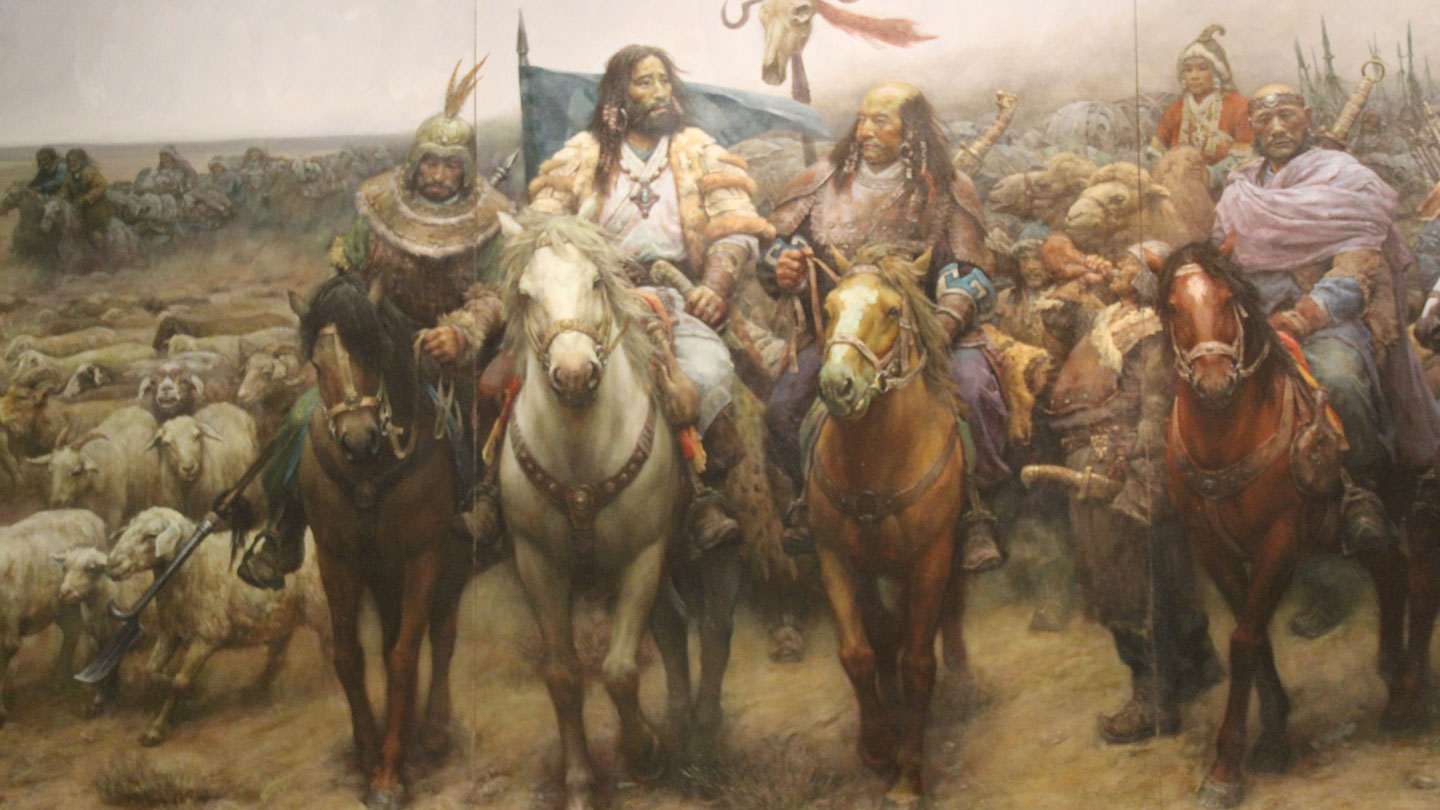In an age that spawned the ancient Roman and Egyptian empires, Mongolia’s Xiongnu Empire broke the rules of imperial expansion.
Today, remnants of Xiongnu culture largely consist of more than 7,000 tombs, some heavily looted and many yet to be excavated, in Mongolia and nearby parts of China and Russia. In the last decade, geneticists and archaeologists have ramped up efforts to study these sites and ancient records to decipher the Xiongnu Empire’s political organization and technological achievements.
A few ancient Chinese chronicles include descriptions of the Xiongnu political system. These accounts portray the Xiongnu as predatory raiders who belonged to a “simple” confederation of herding groups run by a few nomadic alpha males. Even so, warfare with mounted Xiongnu warriors equipped with bows, arrows and metal weapons had inspired Imperial Chinese leaders to construct their Great Wall.
Some researchers have argued that Xiongnu people formed a lesser, “shadow empire” alongside Imperial China. But that view is giving way to a picture of the Xiongnu Empire as a different, not lesser, type of ancient state, says Yale University archaeologist William Honeychurch.
2023-07-02 06:00:00
Post from www.sciencenews.org
